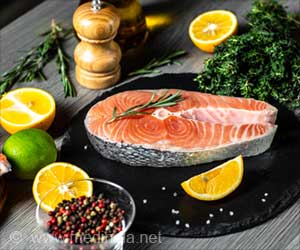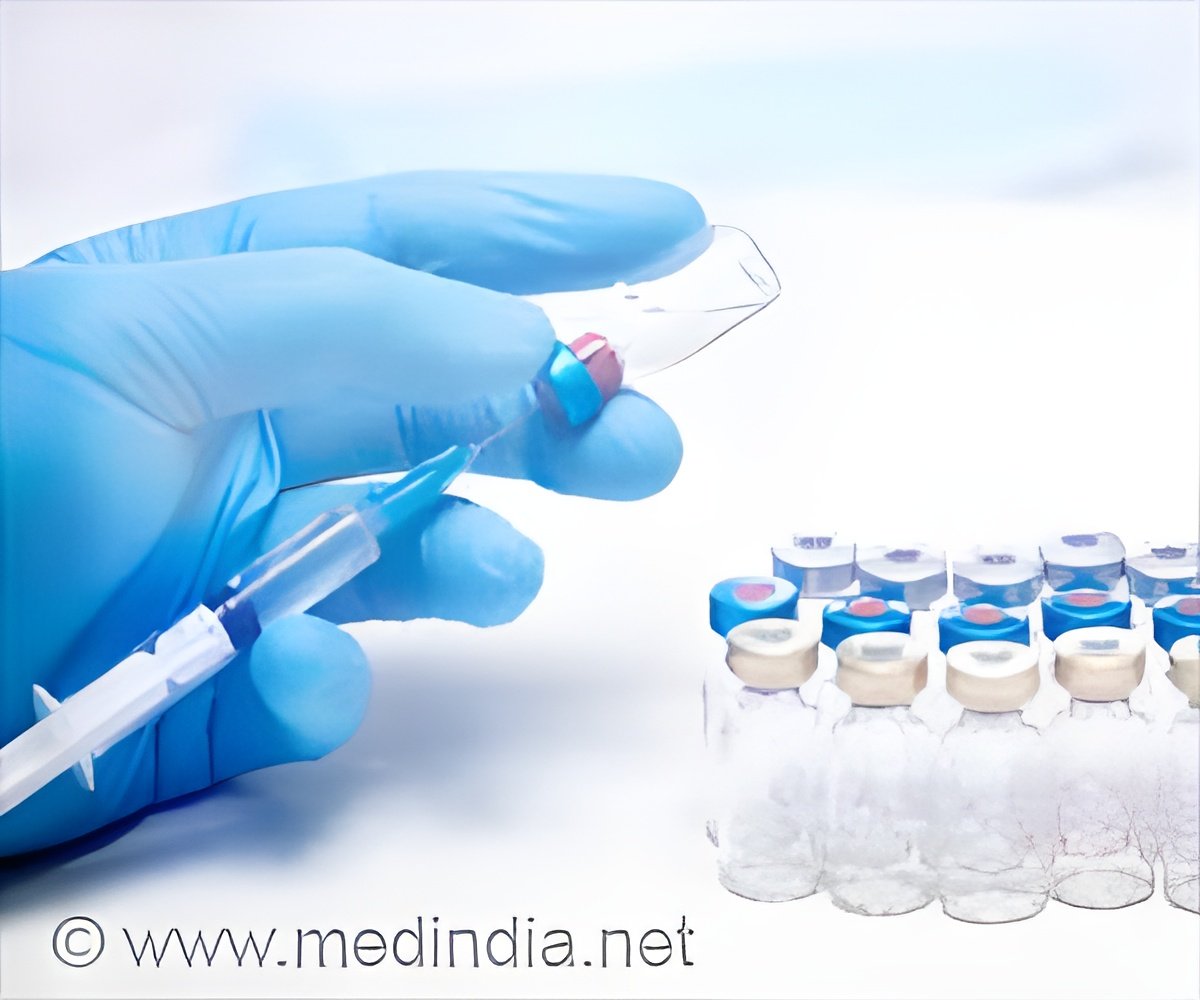Intake of salmon may help unravel protective benefits for heart health, as per a new study published in The Journal of Clinical Investigation.
Benefits of Omega-3 Fatty Acids
Salmon is a rich source of omega-3 fatty acids that help to fight off the build-up of plaque within arterial walls (atherosclerosis) and protect against various fatal vascular diseases (heart attack and stroke).
Apart from boosting heart health, the anti-inflammatory properties of omega-3 fatty also have other health benefits that enhance brain and bone health and prevent autoimmune inflammatory conditions.
Types of Omega-3s
The main types of omega-3-fatty acids are:
Among these, DHA and EPA are found in higher quantities in fatty fishes and seafood when compared to DPA. In addition, the ALA is abundant in plant-based oils.
Overcome Atherosclerosis with Salmon
It was found that omega-3 fatty acids form molecules that aid in activating an important receptor involved in preventing the inflammation process of atherosclerosis.
“Omega-3 fatty acids can potentially help protect against atherosclerosis by several means, in particular by reducing inflammation, a key [factor] driving atherosclerosis disease. This study is just one piece of the big puzzle and further studies are needed before we can fully translate this to humans,” says Hildur Arnardottir, PhD, lead author of the study.
Omega-3 Fatty Acids Rich Foods
Some of the rich sources of omega-3 fatty acids are:
-
Fatty fishes (such as salmon, mackerel, herring, and sardines) - Avocado and walnuts
- Olive oil and Canola oil
- Flaxseeds, hemp seeds, mustard seeds, and chia seeds
- Spinach
- Eggs
-
Red lentils, winter squash, and firm tofu -
Soybeans, navy beans, and kidney beans
Seaweeds and oysters
Consumption of the right amount of miraculous nutrients omega-3s not only regulates the rate of chronic inflammation but also helps reap the benefits of overall health.
Source: Medindia



